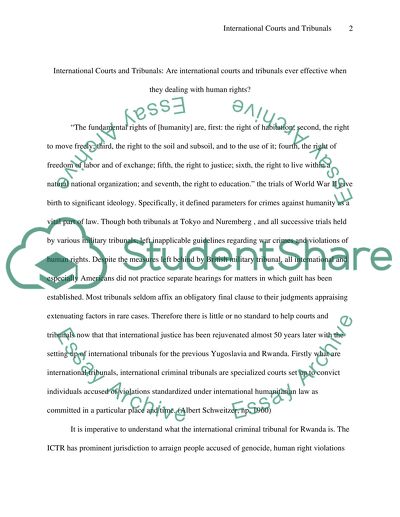Cite this document
(“International Courts and Tribunals Essay Example | Topics and Well Written Essays - 2000 words”, n.d.)
Retrieved from https://studentshare.org/miscellaneous/1504242-international-courts-and-tribunals
Retrieved from https://studentshare.org/miscellaneous/1504242-international-courts-and-tribunals
(International Courts and Tribunals Essay Example | Topics and Well Written Essays - 2000 Words)
https://studentshare.org/miscellaneous/1504242-international-courts-and-tribunals.
https://studentshare.org/miscellaneous/1504242-international-courts-and-tribunals.
“International Courts and Tribunals Essay Example | Topics and Well Written Essays - 2000 Words”, n.d. https://studentshare.org/miscellaneous/1504242-international-courts-and-tribunals.


